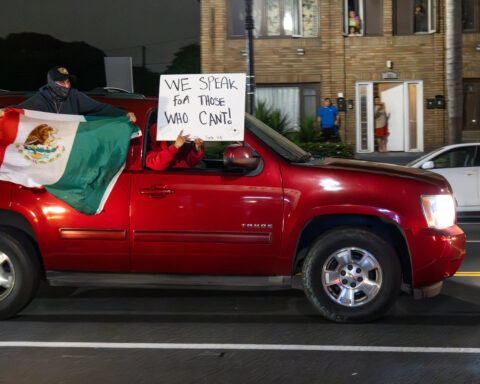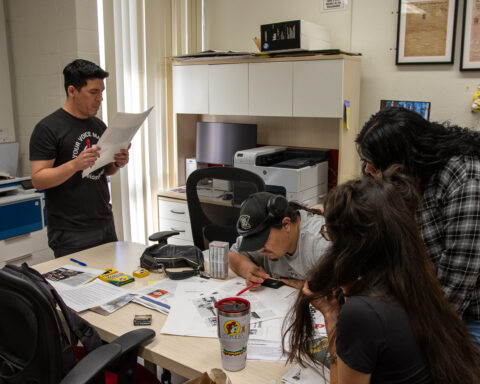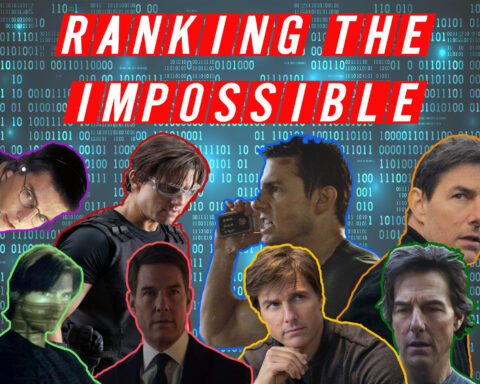On Saturday, February 25, a tie between the Boston Red Sox and Atlanta Braves caused controversy.
Well, not the game itself, but how the game ended.
With the game tied, and two outs in the bottom of the ninth, Braves infielder Cal Conley stepped to the plate. The bases are loaded, and the hitters’ count is 3-2.
As the pitcher began his windup to throw (being rushed by the new rule change), the umpire called off the pitch and ended the game. Conley, the batter, was not set in time and was given a strike, resulting in a game-ending strikeout.
Though it’s just a spring training game, the implications are frightening.
It only took two days for the new Major League Baseball rule changes to cause controversy at the end of a close game. If we were to apply this to a playoff game, or a late regular season game with playoff implications, the backlash would echo everywhere.
The new MLB rules say the pitcher only has 20 seconds to begin their pitch delivery with runners on base. If there is nobody on base, they have 15 seconds.
As for the batter, he must be set in the box with at least eight seconds remaining on the pitch clock. If the batter isn’t set, he gets a strike applied to his count.
I love the idea of speeding the pace of baseball for a larger audience to enjoy. But, it should not determine a game’s outcome. In the later innings of a game, the rules should not apply. I believe the pitch clock should stop going into effect during the sixth inning.
When the game slows down, the intensity rises. Especially in a close matchup, fans build their excitement. Each pitch becomes methodical.
The year was 2016, David Ross of the Cubs faced off against Pedro Baez of the Dodgers. It was game one of the National League Championship Series.
In the sixth inning, the Cubs lead 3-1 and were looking to add insurance. There was a runner on second base. Baez took a minute and 51 seconds just to throw a single pitch.
For reference, during spring training this year, the Dodgers got three outs against the Padres in that exact same time period.
These scenarios could be blended together to satisfy both old fans and new fans. The first five innings of a game would run faster. Then the last four innings would be a slow grind of intense moments that build fans’ anxiety. The crux of what sports aim to be.
However, the pitch clock is still flawed.
One example was when Max Scherzer pitched for the New York Mets against the Washington Nationals on Friday, March 3. Scherzer got the Nationals batter to ground into a double play, yet after the play was over, it got waved off.
The umpires ruled that Scherzer didn’t delivered the ball in the 15-second pitch clock window. The Nationals ended up scoring eight runs in that inning, instead of having a momentum killing double-play.
If the opposite had happened, and the batter hit a home run off the pitch, the Nationals would be upset. In that scenario, the batter would be awarded a ball, but not the home run, which would be better for the pitcher.
The play had already occurred. Hypothetically, if a runner slid into the second baseman on that play, injuring the second baseman (which has happened before), his injury would be in vain. That’s another big potential problem.
Pitch clock violations should not nullify a play. If a play isn’t stopped by the umpire, the next batter should be given the effects of the violation. So, in this case, the double play would stand, but the next batter would start their at-bat off with a ball.
Since we’ve already seen the worst-case scenario of these rules, we can prevent this from happening again. The last thing the baseball world wants is to see a playoff game ruined by the new rules.
- ZINE: 2023 Southern California Bowl Champions - December 23, 2023
- Dons outran by Panthers, lose another tight game - November 15, 2023
- Dons unable to overcome own mistakes, lose to Chargers - October 11, 2023
















